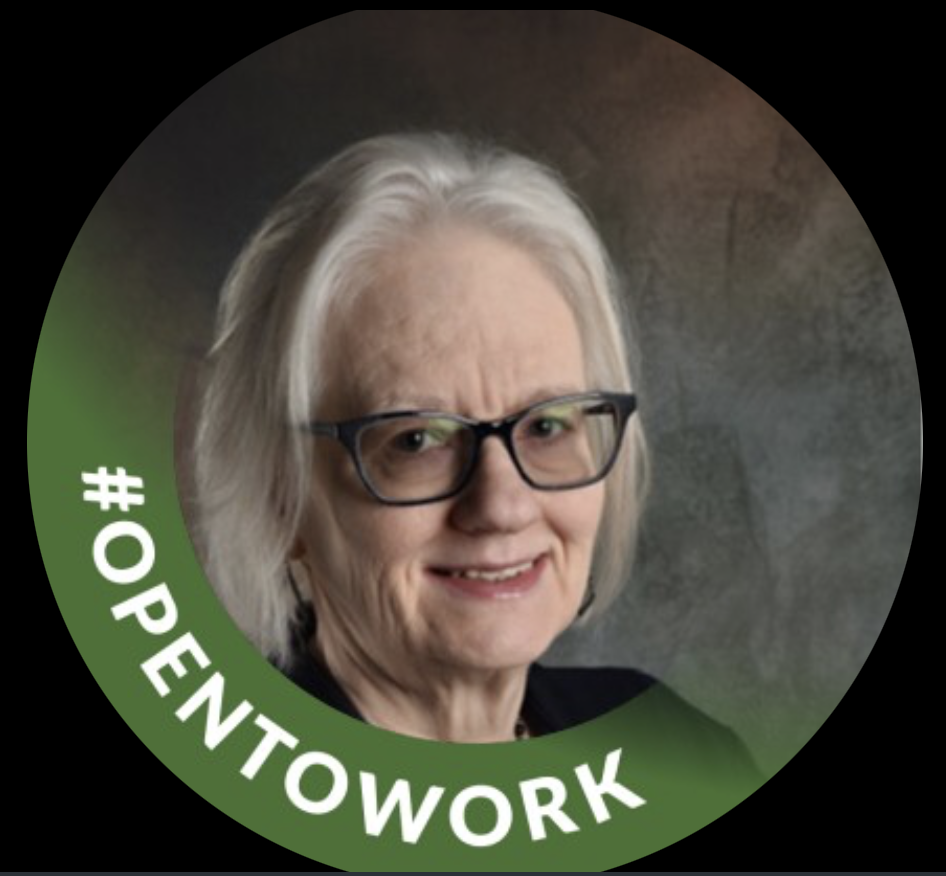This blog post was prompted by Shirley Laughbaum, who was kind enough to share her story of a potentially challenging situation, which she resolved very calmly and in a relaxed manner.
As you read on, I need you to keep in mind that:
- It’s how one perceives the threat of challenging, aggressive or violent behaviour towards them or around them, which dictates whether you feel it was or was not a reportable incident.
- NOTE: whilst perception equals reality, it is not necessarily the truth – albeit, it’s one’s truth!
Situational awareness isn’t about living in fear or treating everyone with suspicion.
It’s about being informed, prepared, and confident enough to make the right decision in the moment.
This is exactly what Shirley Laughbaum demonstrated in a recent experience she shared publicly in response to one of my self-defence posts on LinkedIn.
Shirley was alone in a hospital waiting room on Memorial Day, a quiet, understaffed environment where staff support was minimal.
A man she did not know approached her and asked to borrow her glasses.
Now, to many people, that might seem like a harmless request.
But Shirley didn’t react impulsively or out of fear.
She paused!
She assessed!
And instead of handing over something as personal and vulnerable as her glasses, which would’ve rendered her at a disadvantage had anything gone wrong, she calmly advised the man to contact hospital security.
She even showed him how to do it.
Security responded promptly, spoke to the man, and ultimately reassured Shirley that she’d made the right decision.
That’s a powerful example of calm awareness and a measured response.
Not overreaction.
Not aggression.
Just confidence and clarity.
The exact kind of mindset we promote through our self-defence and awareness training at NFPS Ltd.
The Difference Between Living in Fear and Living with Awareness
Some people misinterpret situational awareness training as fear-based or promoting paranoia.
Let’s be clear, it’s the opposite.
Situational awareness gives you the tools to live more freely, more confidently and more safely.
It helps you recognise the environment you’re in, assess the behaviours around you and decide what’s safe and appropriate in circumstances.
This is where being switched on to our immediate surroundings is so important, as it:
- (Prevents you from being) Unaware and unprepared.
- Relaxed but not tense. This is the optimal baseline.
- Something has caught your attention and you’re preparing a plan of action.
- A threat is imminent or unfolding and you’re taking decisive steps.
- (Avoid) Panic or shutdown.
Shirley’s behaviour was a textbook example of being relaxed but attentive, and when something didn’t feel right, she took action, without escalating towards confrontation.
That kind of decision-making is what saves people from danger or exploitation, without needing to physically intervene.
Calm is Contagious, As is Confidence
The security guard who attended the scene even took the time to praise Shirley’s judgment and decision-making.
Think about that for a moment.
This wasn’t about fighting or physically defending herself.
This was about a small but significant decision, made with clarity under pressure, in a vulnerable situation.
That’s the ‘real value’ of awareness training, it empowers people to make the right decisions at the right time, especially when they’re alone or unsupported.
Why We Teach This at NFPS Ltd
We don’t teach people to be paranoid.
We don’t teach people to live in fear.
We teach people to be aware, assertive and ready.
Stories like Shirley’s are why we do what we do.
Not just for professionals, but for everyone; lone workers, carers, visitors, family members, and members of the public.
The skills we teach aren’t just for difficult and dangerous jobs.
They’re for real life.
If this story resonates with you, ask yourself:
- Have I ever ignored that inner signal because I didn’t want to offend?
- Have I ever taken a risk because I didn’t want to appear rude?
- How might my behaviour change if I were trained to operate in the right way?
Do You Have a Story Like Shirley’s?
We’d love to hear your positive outcomes, where you used awareness, assertiveness, or de-escalation skills to avoid trouble, help someone, or stay safe.
Your story might inspire someone else to stay calm and in control during a similar situation.
Share your story in the comments or send it to us directly.
Stay safe, stay aware and remember:
Empowered people are harder to target.
Thanks for sharing Shirley…involving people, evolving positive behaviour.
Want to learn and know more – https://nfps.info/level-3-risk-assessment-course/

